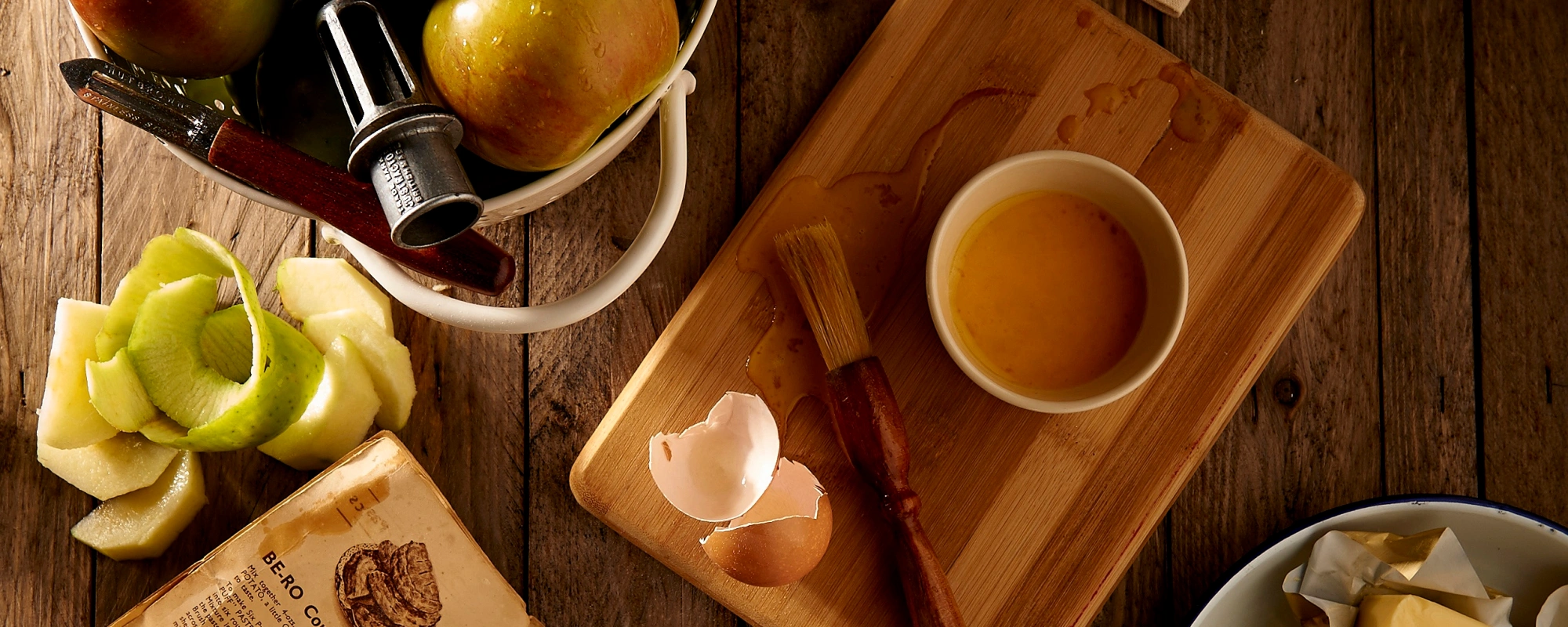
Part 1
Soil contains immeasurable amounts of microbes and living organisms. Soil resembles the human body since our digestive tract consists of hundreds of different species adding up to trillions of microbes.
When we don’t take care of our soil, it dries out and becomes dirt, void of living microbes. We see this happen when soil is tilled and heavily sprayed with chemicals making soil devoid of healthful microorganisms. As soil becomes more and more unhealthy, the farming industry leans in further to the use of chemicals to preserve crops. Crops are then modified to withstand the chemicals.
These crops are then consumed by humans. The same chemicals that are killing the critters on plants and in soils then are killing the healthy microbes needed in our gut. When this happens, we see a downturn in the diversity of and the number of healthy bacteria in the gut. A diverse and plentiful gut microbiome is needed for digesting food, creating vitamins, supporting our immune system, and creating a healthy barrier to help our bodies filter out bad stuff and absorb enough of the nutrients we need from the food we eat.
Hundreds of studies have looked at how ingested herbicides contribute to behavioral disorders, cancers, and other health problems. What can you do? Start to deliberately look for ways to reduce your use and ingestion of these herbicides. Use the free resources from the Environmental Working Group on the “Dirty Dozen” list of produce which retain high levels of pesticides. For this list, investing in organic produce would be in your best interest. In future articles, we will explore regenerative agriculture and how it impacts our health and the health of our environment. Our health is directly related to the health of our soil.


One thought on “How does the way our food is grown impact gut health?”